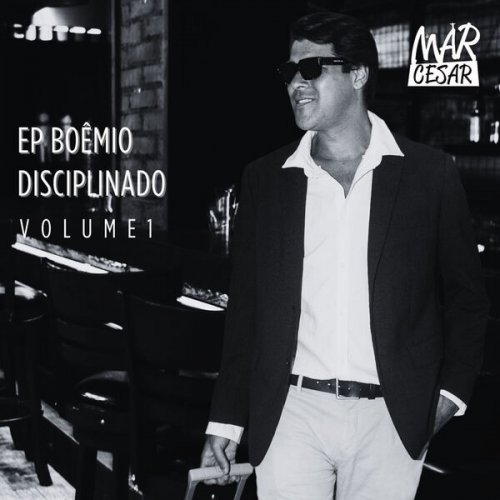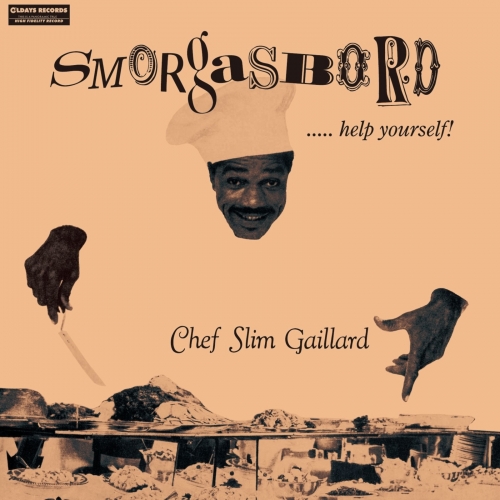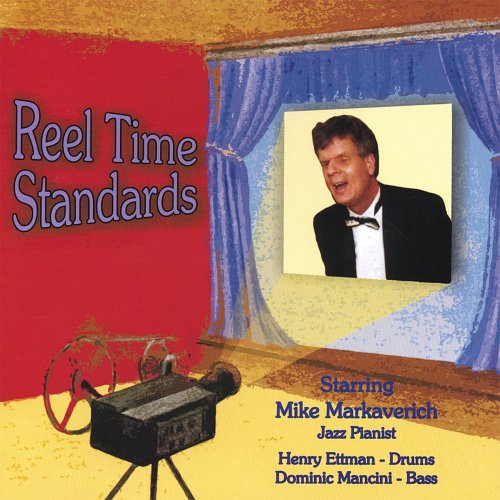The Brothers Four - Rally Round & Roamin (2006)
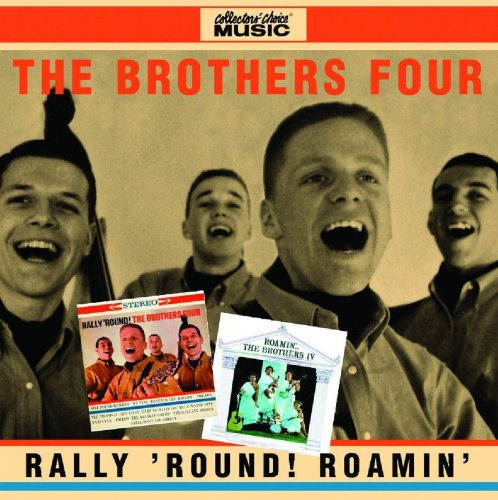
Artist: The Brothers Four
Title: Rally Round & Roamin
Year Of Release: 1960,1961
Label: Collectors' Choise Music/Sony Music
Genre: Folk, Folk-Rock
Quality: APE (image+.cue,log,scans)
Total Time: 01:01:36
Total Size: 378 MB
WebSite: Album Preview
Tracklist:Title: Rally Round & Roamin
Year Of Release: 1960,1961
Label: Collectors' Choise Music/Sony Music
Genre: Folk, Folk-Rock
Quality: APE (image+.cue,log,scans)
Total Time: 01:01:36
Total Size: 378 MB
WebSite: Album Preview
Nine Pound Hammer 02:46
My Tani 02:18
Beneath The Willow 03:44
The Gallant Argosy 02:54
The Proposal 02:40
Hey Liley, Liley Lo 02:03
Ellie Lou 02:47
The Fox 02:18
Marianne 02:23
Blue Water Line 02:51
Follow The Drinkin` Gourd 03:16
Sally, Don`t You Grieve 01:36
Low Bridge 02:27
Hey, Hey, My Honey 02:29
The Lilies Grow High 02:58
The Ballad Of Sam Hall 02:42
Variation On An Old English Theme 01:46
Abilene 02:22
Frogg 02:41
Pastures Of Plenty 02:27
Times 01:54
Betty And Dupree 02:44
Island Woman 02:47
This Is Your Land 02:32
The Brothers Four bear a distinction as one of the longest surviving groups of the late-'50s/early-'60s folk revival and perhaps the longest running "accidental" music act in history — 43 years and counting as of 2001, without any break and with two original members still in the fold. If few recognize that distinction, then it's because the Brothers Four were also part of a largely forgotten chapter in the history of folk music in America.
Most accounts of the post-WWII folk music boom focus on the political and issue-oriented branch of the music, embodied by Woody Guthrie and Bob Dylan, at the expense of the softer, more entertainment-oriented branch, embodied by the likes of the Kingston Trio, the Chad Mitchell Trio, and the Brothers Four. Those acts and the music they made — though it sold well and, indeed, for many years defined what most Americans visualized when the phrase "folk music" was mentioned — are scarcely mentioned in most histories; the Brothers Four aren't even listed in the Guinness Who's Who of Folk Music.
One major misconception about the Brothers Four is that they were an attempt to emulate the Kingston Trio. Actually, Bob Flick (upright bass, baritone, bass), John Paine (guitar, baritone), Mike Kirkland (guitar, banjo, tenor), and Dick Foley (guitar, baritone) had met as undergraduates at the University of Washington in 1956 and began singing together in 1957, more than a year before the Kingston Trio made their first record. Folk music was booming at most liberal arts colleges in those days, and every campus seemed to have its share of trios and quartets, mostly drawn from the ranks of their fraternities. Flick, Paine, Kirkland, and Foley were all members of Phi Gamma Delta and aspired to careers in medicine, engineering, and diplomacy — as amateur performers, however, they were good on their instruments and delighted campus audiences with their ability to harmonize on traditional tunes, novelty songs, and romantic ballads.
They turned professional completely by accident, as a result of a practical joke. A member of a rival fraternity arranged for a woman to telephone the group members, identifying herself as the secretary to the manager of a local Seattle venue, the Colony Club, and invite the quartet down to audition. When they got there, they discovered that there was no invitation or any audition scheduled, but since they were there anyway, the club manager asked them to do a couple of songs and ended up hiring them. The engagement lasted through most of 1958, and while they were often paid off only in beer, the experience was invaluable in that it allowed the group — christened after their impromptu audition as the Brothers Four — to pull its sound together as they never would have if they'd remained confined to occasional performances on campus.
As it turned out, if they'd planned for careers in music, the timing of the Brothers Four couldn't have been better. In July of 1958, the single "Tom Dooley" by the Kingston Trio began its climb to three million sales, and the folk revival boom snowballed from there. During Easter week of 1959, the Brothers Four made their move to San Francisco for some better gigs and earned a spot at the Hungry I club. It was there that they were seen by Mort Lewis, who was the manager of jazz pianist Dave Brubeck — Lewis persuaded the group to cut a demo tape, which he brought to Columbia Records. The label liked what it heard and suddenly the quartet had a recording contract and a full-time manager.
Most accounts of the post-WWII folk music boom focus on the political and issue-oriented branch of the music, embodied by Woody Guthrie and Bob Dylan, at the expense of the softer, more entertainment-oriented branch, embodied by the likes of the Kingston Trio, the Chad Mitchell Trio, and the Brothers Four. Those acts and the music they made — though it sold well and, indeed, for many years defined what most Americans visualized when the phrase "folk music" was mentioned — are scarcely mentioned in most histories; the Brothers Four aren't even listed in the Guinness Who's Who of Folk Music.
One major misconception about the Brothers Four is that they were an attempt to emulate the Kingston Trio. Actually, Bob Flick (upright bass, baritone, bass), John Paine (guitar, baritone), Mike Kirkland (guitar, banjo, tenor), and Dick Foley (guitar, baritone) had met as undergraduates at the University of Washington in 1956 and began singing together in 1957, more than a year before the Kingston Trio made their first record. Folk music was booming at most liberal arts colleges in those days, and every campus seemed to have its share of trios and quartets, mostly drawn from the ranks of their fraternities. Flick, Paine, Kirkland, and Foley were all members of Phi Gamma Delta and aspired to careers in medicine, engineering, and diplomacy — as amateur performers, however, they were good on their instruments and delighted campus audiences with their ability to harmonize on traditional tunes, novelty songs, and romantic ballads.
They turned professional completely by accident, as a result of a practical joke. A member of a rival fraternity arranged for a woman to telephone the group members, identifying herself as the secretary to the manager of a local Seattle venue, the Colony Club, and invite the quartet down to audition. When they got there, they discovered that there was no invitation or any audition scheduled, but since they were there anyway, the club manager asked them to do a couple of songs and ended up hiring them. The engagement lasted through most of 1958, and while they were often paid off only in beer, the experience was invaluable in that it allowed the group — christened after their impromptu audition as the Brothers Four — to pull its sound together as they never would have if they'd remained confined to occasional performances on campus.
As it turned out, if they'd planned for careers in music, the timing of the Brothers Four couldn't have been better. In July of 1958, the single "Tom Dooley" by the Kingston Trio began its climb to three million sales, and the folk revival boom snowballed from there. During Easter week of 1959, the Brothers Four made their move to San Francisco for some better gigs and earned a spot at the Hungry I club. It was there that they were seen by Mort Lewis, who was the manager of jazz pianist Dave Brubeck — Lewis persuaded the group to cut a demo tape, which he brought to Columbia Records. The label liked what it heard and suddenly the quartet had a recording contract and a full-time manager.
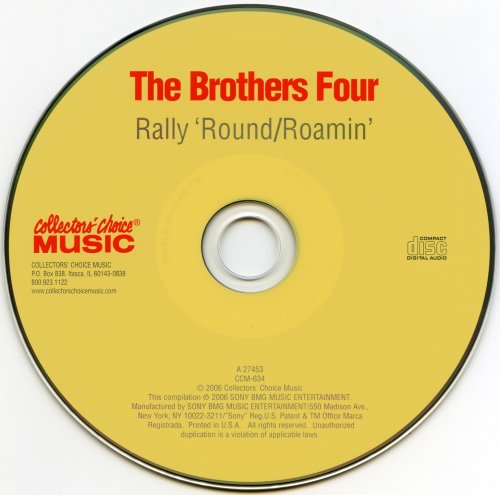
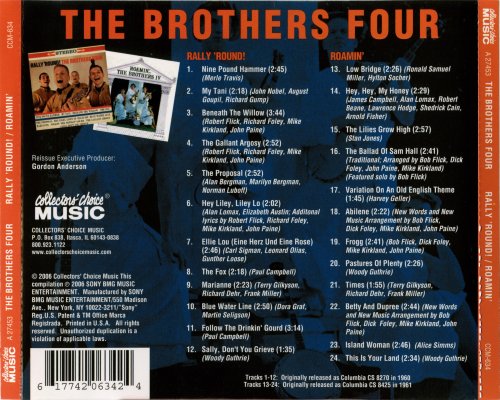
![Marcela Arroyo & Quique Sinesi - Reflejos (2026) [Hi-Res] Marcela Arroyo & Quique Sinesi - Reflejos (2026) [Hi-Res]](https://www.dibpic.com/uploads/posts/2026-02/1770728206_folder.jpg)
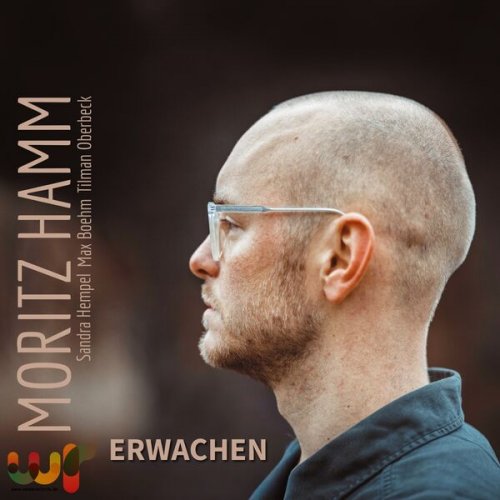
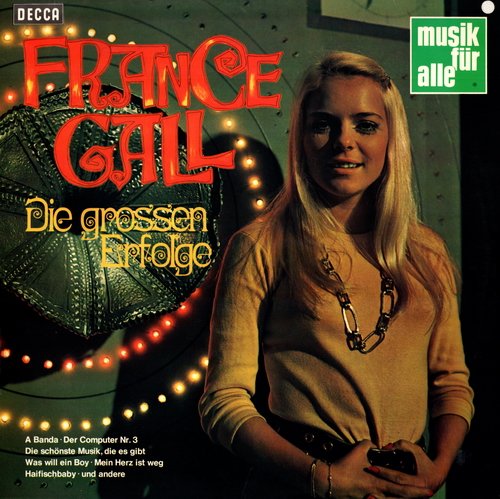
![Greg Foat - Opening Time (Library Edits) (2026) [Hi-Res] Greg Foat - Opening Time (Library Edits) (2026) [Hi-Res]](https://img.israbox.com/img/2026-02/11/bthy9h8xur67bx2ig50pfmfkm.jpg)
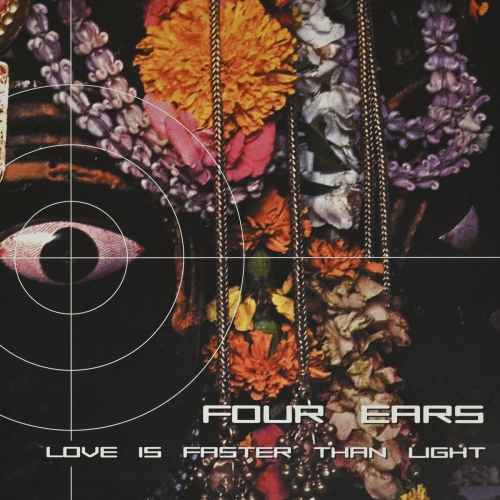
![Sonny Rollins - Saxophone Colossus (1956) [2022 DSD256] Sonny Rollins - Saxophone Colossus (1956) [2022 DSD256]](https://www.dibpic.com/uploads/posts/2026-02/1770879494_folder.jpg)
